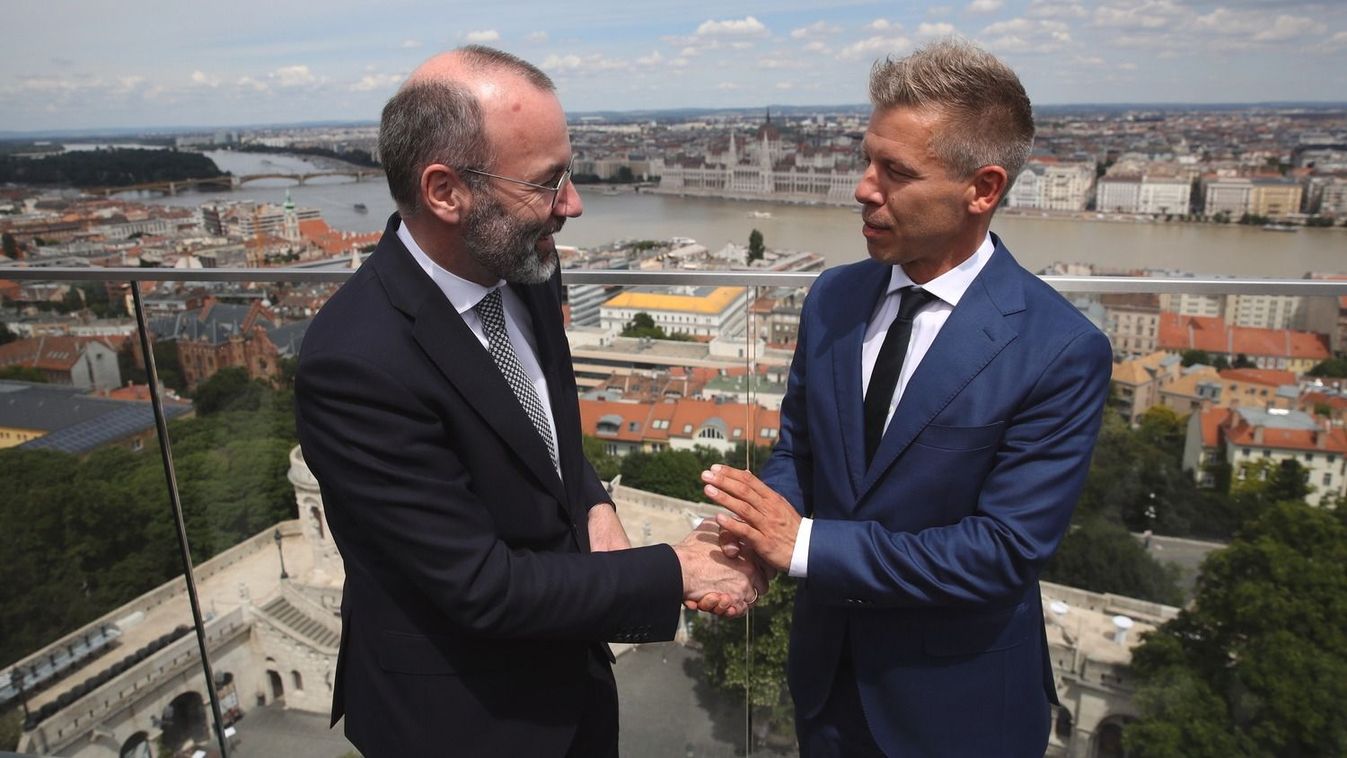The largest formation of the European Parliament, the European People’s Party (EPP), approved the membership of Hungary’s newly formed Tisza party, with a 97 percent majority. The party is now the chief rival to Hungarian Prime Minister Viktor Orbán’s Fidesz party.
“The Tisza Party has brought many qualified people to the European Parliament to represent and defend Hungarian interests, and the party’s MEPs are up to the job,” EPP President Manfred Weber said prior to the vote.
Weber was seen as instrumental in pushing Hungary’s Fidesz party out of the EPP faction. Before leaving the faction, Orbán wrote a letter to the EPP, writing: “We gave up the family model based on matrimony of one woman and one man, and fell into the arms of gender ideology. Instead of supporting the birth of children, we see mass migration as the solution to our demographic problem,” Orbán wrote in a three-page letter, adding, “We don’t stand up for ourselves as old and great Europeans, and don’t take on the fight against left-liberal intellectual forces and the media they influence and control.”
Weber has continued to wage war against Orbán, with the introduction of the Tisza party seen as a shot across the bow towards the ruling Hungarian government.
Weber said that there are “concerns about developments in Hungary when it comes to the rule of law or the fight against corruption. It is good to see that the party that is raising the necessary questions in Hungary is now joining the EPP’s action against corruption and on the rule of law.”
The biggest single winner of the European elections in Hungary was Péter Magyar, the estranged husband of former Justice Minister Judit Varga, who came to prominence this March after his wife resigned her lead candidacy in the wake of a clemency scandal, which also saw the resignation of President Katalin Novák.
Magyar subsequently gained a high media profile, which he used to effectively co-opt a fringe centrist party, Respect and Liberty, (Tisztelet és Szabadság or TISZA).
Magyar ran with a loosely defined centrist-conservative agenda based on opposing the current government and went from zero to seven MEPs, becoming the largest opposition party in the country.
His party has grabbed a lot of the talking points of the Hungarian government, as Orbán’s positions are highly popular with the Hungarian people. However, Magyar has backtracked on his initial call to keep out of the war in Ukraine and now says he supports sending weapons to Ukraine, a position sharply rejected by the vast majority of the Hungarian public.
After Tisza was accepted into the EPP caucus, Hungary’s junior coalition partner, the Christian Democrat party, announced that its single member of the EPP would leave the group.






